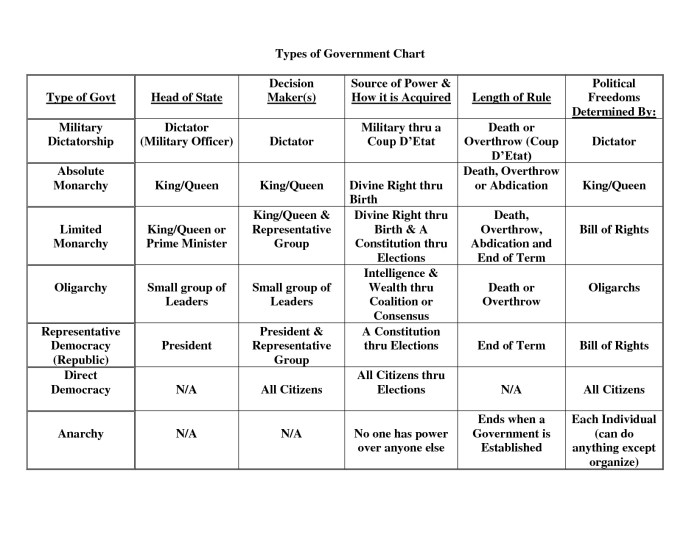Embark on a journey through time with our political beginnings worksheet answers, unveiling the cornerstone documents, influential figures, and transformative events that shaped the political landscape of the United States. From the Declaration of Independence to the Constitution, the Founding Fathers to the Civil Rights Movement, our comprehensive guide unravels the intricate tapestry of American political history, providing a profound understanding of its origins and evolution.
Our meticulously crafted answers delve into the key historical documents that laid the groundwork for American democracy, exploring their significance and the enduring principles they enshrined. We introduce the Founding Fathers, whose ideas and beliefs continue to resonate in modern political discourse, and examine the colonial influences and precedents that molded the nation’s political institutions.
1. Key Historical Documents

The Declaration of Independence and the Constitution are foundational documents that shaped the political landscape of the United States. The Declaration of Independence (1776) proclaimed the colonies’ independence from British rule, asserting the principles of natural rights, self-government, and the consent of the governed.
The Constitution (1788) established a federal government with a system of checks and balances, dividing power among the executive, legislative, and judicial branches. It enshrined fundamental principles such as the separation of powers, individual rights, and the rule of law.
2. Founding Fathers and Their Beliefs

Key Founding Fathers included George Washington, Thomas Jefferson, Benjamin Franklin, and James Madison. They believed in limited government, individual liberty, and the importance of an educated citizenry.
Washington emphasized the importance of national unity and a strong central government. Jefferson advocated for agrarianism, limited government, and the preservation of individual rights. Franklin promoted compromise and pragmatism. Madison designed the system of checks and balances to prevent tyranny.
3. Colonial Influences and Precedents
American political institutions were influenced by European systems, such as the British parliamentary system and the Enlightenment philosophy. Colonial charters granted certain rights and self-governance to the colonies.
Assemblies and town meetings provided a forum for political participation and debate. The Enlightenment emphasized reason, individual rights, and the importance of limiting government power.
4. Political Parties and Ideologies
Political parties emerged in the early United States, with the Federalists advocating for a strong central government and the Democratic-Republicans supporting states’ rights and individual liberties.
The Federalists, led by Alexander Hamilton, believed in a strong national government, a national bank, and a standing army. The Democratic-Republicans, led by Thomas Jefferson, opposed these measures, advocating for limited government, agrarianism, and a decentralized political system.
5. Constitutional Amendments and Landmark Cases: Our Political Beginnings Worksheet Answers

The Constitution has been amended 27 times to address changing social and political needs. Key amendments include the Bill of Rights (1791), which guarantees individual liberties, and the 14th Amendment (1868), which extended citizenship and equal protection to all citizens.
Landmark Supreme Court cases, such as Marbury v. Madison (1803), established the principle of judicial review, giving the Court the power to declare laws unconstitutional.
6. Civil Rights and Social Movements
The struggle for civil rights and equality has been a defining feature of American history. The abolitionist movement fought to end slavery, and the civil rights movement worked to secure equal rights for African Americans.
Landmark legislation, such as the Civil Rights Act of 1964, prohibited discrimination based on race, color, religion, sex, or national origin.
FAQ Corner
What are the key principles enshrined in the Declaration of Independence?
The Declaration of Independence proclaims the unalienable rights of life, liberty, and the pursuit of happiness, and asserts the right of the people to alter or abolish a government that becomes destructive of these rights.
Who were the key Founding Fathers and what were their contributions?
Key Founding Fathers include George Washington, Thomas Jefferson, Benjamin Franklin, John Adams, and James Madison. They played pivotal roles in drafting the Declaration of Independence, the Constitution, and establishing the principles of American government.
What was the significance of the Enlightenment on American political thought?
The Enlightenment emphasized reason, individual rights, and limited government, which deeply influenced the Founding Fathers’ political philosophies and the shaping of American political institutions.